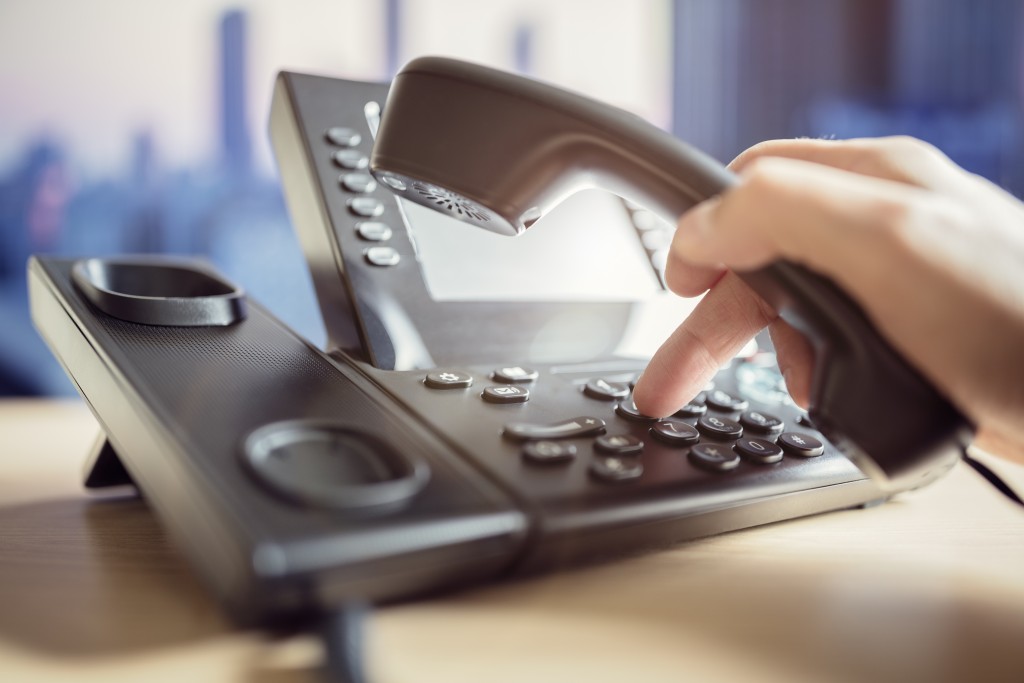Running a non-profit organisation (NPO) may be a fulfilling task, but it can also be incredibly daunting. Those who have a calling to help others through official organisations like an NPO have a worthy mission ahead of them, but we can’t deny the risk factors involved. If your beneficiaries are extremely vulnerable and have experienced extreme trauma, and if you have donors who are high up on VIP lists, you have to ensure that all these people’s information and data are secure.
If you run a non-profit organisation and are worried about the security and safety of your beneficiaries and donors, here are some essential tips to remember.
Invest in data security systems
Here are some examples of data breaches that can take place in the NPO sector:
- Donor information leak is the last thing you want to happen. Trust and integrity are the bread and butter of NPOs, and once you break your donors’ trust, your NPO’s reputation goes into question and is forever on the line.
- Beneficiary information leaks can put them at risk. People finding out about them when it’s not something they want might also re-traumatise them.
- An e-commerce hack usually takes place if your NPO has a digital store as a way to raise funds.
- An employee information leak can put you and your team’s privacy and online at risk. Not just those working for the NPO, but their families as well.
- A human error usually happens when your team is not equipped to keep the NPO’s data as secure as possible.
- Hardware failure can also result in a data breach.
Investing in a single comprehensive data security system may be costly upfront, but there are so many benefits to doing so. For one, you can rest assured knowing that you have a strong layer of protection against those who might want to penetrate your systems to gain access to funds and information.
For another, you are saving your NPO from risks of financial catastrophe since many of these security systems also offer protection for your financial accounts. Consider consulting with a data security solutions provider to ask which service or program will suit your NPO the most, and seek help from your donors if you need additional funding for it.

Don’t neglect your physical safety
Your digital and online safety is one thing, but you also need to pay attention to your physical safety. An NPO may not be the first thing criminals want to go after, but it doesn’t mean you can be completely complacent about your physical safety. You also want to consider your office’s physical safety if your NPO is the type that is fighting a lot of injustice and therefore inviting the ire of powerful people and corporations.
If your NPO is operating from a home office, consider investing in a reliable house alarm system. It can have the following features:
- Perimeter alarm systems so that you can be alerted when an intruder is in the vicinity
- A wireless home security system so that you can receive updates about the state of your home office even if you’re somewhere else
- CCTV security systems so that you can keep evidence of anything suspicious that might take place in the area
- A data centre or access control system that can help you take control of the whole security system from one area in the property
Caring for your physical safety is not about paranoia but about protecting yourself, your team, and thus, the work and the mission. If you and your team are not safe, then that’s fewer people who are fighting for worthy causes in the world.
Go on a need-to-know basis among your employees
A need-to-know basis is a security process that entails the least amount of information for every employee, as long as they can do their jobs. It’s the process of restricting access to specific team members based on a “need-to-know” basis, hence the name. It’s not about secrecy or lack of transparency; it’s about ensuring that only those who have proven their trustworthiness can gain access to the most sensitive information, all while ensuring that your team members have all the information they need to do their tasks well.
Running an NPO may bring a lot of joy and fulfilment to your life, but it’s also a big responsibility, especially if it’s one where human rights and justice are concerned. So do all that you can to protect your beneficiaries, donors, and employees—both in the digital and physical world.

